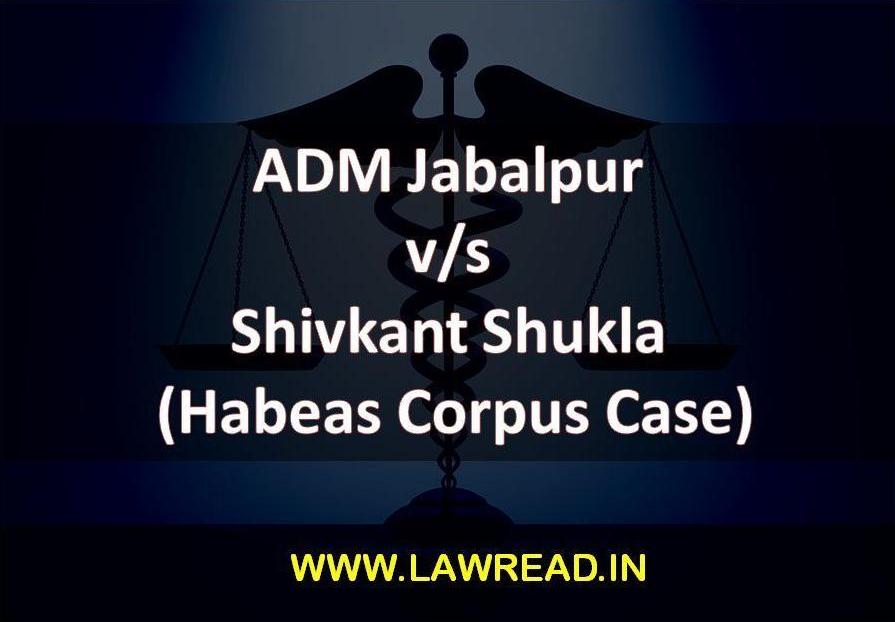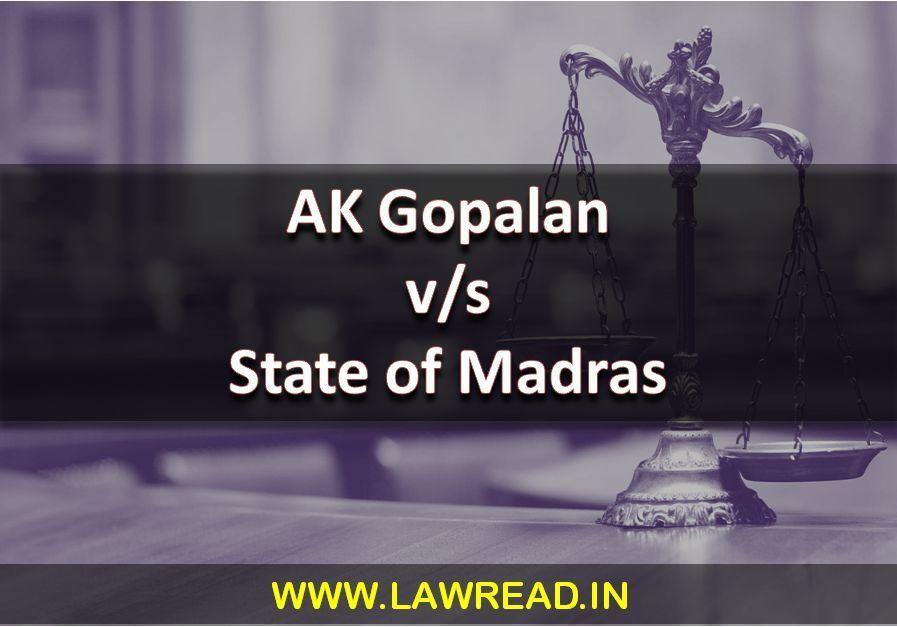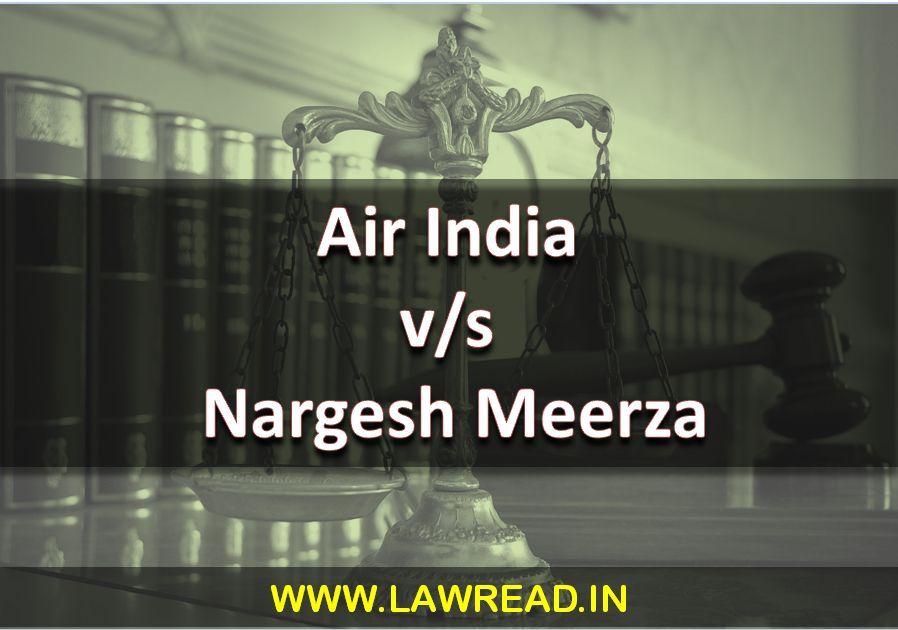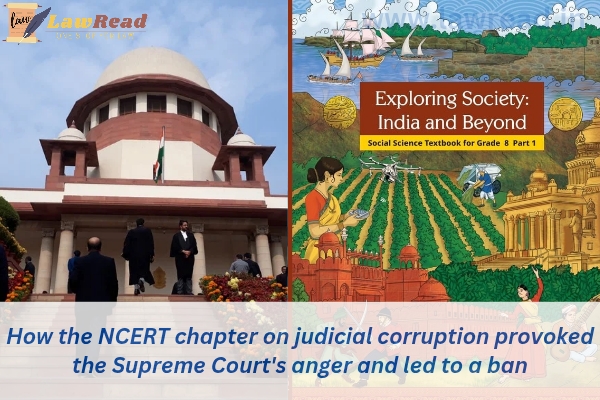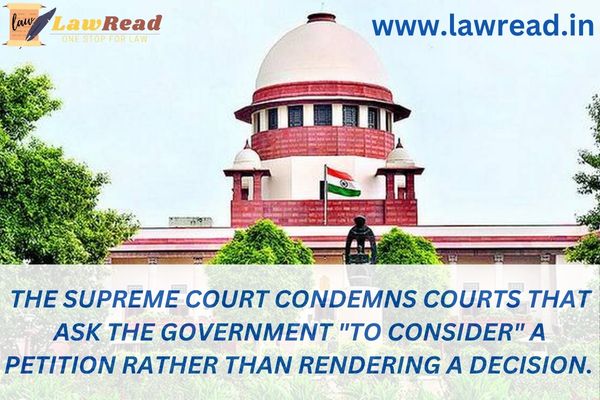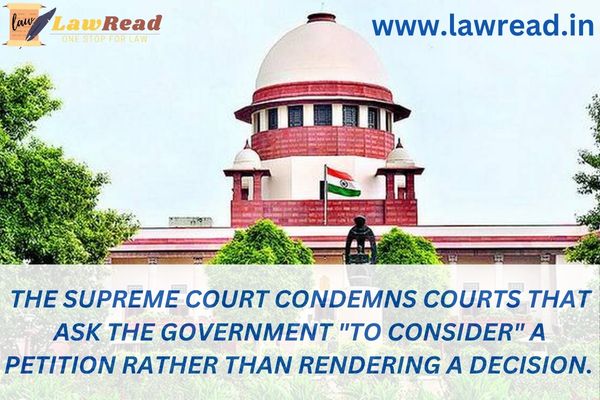Landmark Judgement
Carbolic Smoke Ball Company (1892)
.jpg)
Citation:- [1892] EWCA Civil 1, [1893] 1 QB 256
Court:- Court of Appeal (Civil Division
Bench:- Lindley LJ, Bowen LJ and AL Smith LJ
Petitioner:- Louisa Carlill
Respondent:- Carbolic Smoke Ball Company
INTRODUCTION:
Carlill v Carbolic Smoke Ball Company came to be known as a landmark case because of its notable and curious subject matter. The judgement of this case was given by three English Judges namely, Lindley LJ, A.L. Smith LJ and Bowen LJ. This case was a case of binding unilateral offer that could be accepted by anyone whosoever has performed the said terms. The decision was given by the English Court of Appeals.
FACTS OF THE CASE:
The Carbolic Smoke Ball Company came with a very innovative item called 'Smoke Ball'. This product was launched during the Flu Pandemic of 1889-1890. The company claimed that the Smoke ball if used for a specified period of time was a universal remedy for influenza, hay-fever, coughs and colds, headaches, bronchitis, laryngitis, whooping cough and any other throat related disease. For the promotion of their product, the company gave an advertisement in 'Pall Mall Gazette' newspaper. In that newspaper advertisement, the company stated that even after using their product, if any person gets infected with cold or influenza then that person shall be eligible to claim 100 pounds from the company provided that that person should have used the product for 2 weeks regularly thrice the day. The company deposited 100 pounds in the Alliance Bank, Regan Street to get the faith of the public.
A fellow, Mrs. Louisa Elizabeth Carlill, seeing the advertisement about the product got interested in that Smoke Ball and decided to use the product. But even after following the guidelines prescribed in the product, she fell sick because of influenza.
Accordingly, she filed a complaint against the Carbolic Smoke Ball Company and claimed her 100 pounds as advertised in the advertisement by the company.
ISSUES:
1. Whether there was any binding effect of the contract between the parties or not?
2. Whether the contract in question required a formal notification of acceptance or not?
3. Whether Mrs Carlill was required to communicate her acceptance of the offer to the Carbolic Smoke Ball Company or not?
4. Whether Mrs Carlill provided any consideration in exchange for the reward of 100 pounds offered by the company or not?
ARGUMENTS:
(a) Petitioner's Arguments-
The petitioner argued that the advertisement as issued by the company was not an invitation to offer but offer in itself. She was directed to follow the given procedure as mentioned in the paper to get the reward. The offer claimed that in case the product wasn’t effective the company would reward an amount of 100 pounds. The company deposited the said amount in the Alliance bank account to show their genuineness. Hence, the deposition of the money was a proof that they were ready to form an agreement. Mrs. Carlill, the petitioner, also proved that there was a consideration in the form of the money paid to buy the carbolic smoke ball.
The advertisement contained the necessary details of an Unilateral Contract. Thus, the company has to fulfil its part of the bargain.
(b) Respondent's Arguments-
The Carbolic Smoke Ball Company conteded that their offer didn’t have a binding impact in order to form a valid contract. The respondent's counsel rationalisd that the language used in the advertisement didn't promise anything became the advertisement was vague to form a contract. Futher, they said that there was no specified time limit and there was not any way to check that how the smoke ball (product) was being used by the consumers. Hence, there was an absence of reasonableness regarding the time period within which the offer shall be in existence.
The contract requires that there should be a communication of acceptance from the offeree to the offeror. In this case, petitioner didn’t communicate her acceptance to the company that she was ready to accept the offer of the company, so since there was no communication of acceptance, so there was no offer.
JUDGEMENT:
The judgement of this case was given by three different judges.
Justice Lindley-
Justice Lindley held that the advertisement given by the Carbolic Smoke Ball Company in the newspaper was not a mere puff. He reasoned his judgement as he said that they used a statement, i.e, "To show our genuineness, we have deposited 100 pounds in the Alliance Bank, Regan Street". This statement makes very clear that the company was sure to offer the said amount as a reward.
The advertisement was not a binding contract. It was an offer to the world. It wasn't made with anybody in particular. This advertisement clearly mentions that the company is liable to pay 100 pounds to anyone who will do the said terms and conditions and accept the offer.
He further held that the advertisement was not vague. The language of the advertisement conveyed a promise. The language was such that it could lead anyone to believe that if they get attacked with influenza even after using the smoke ball, they would get 100 pounds. He mentioned that "Communication of acceptance is not a necessary part of the contract if the people’s conduct manifests an intention to contract".
He gave the verdict in favour of Mrs. Carlill.
Justice Bowen-
Justice Bowen too believed the same that the advertisement was too vague. He stated that the information in the advertisement was not precise so the common people interpreted it in the wrong way.
Further, as Justice Lindley held, he held the same that the advertisement was not a mere puff. The company deposited the said amount, which clearly shows the sincerity on their part.
The offer made to the public at large was a contract. Their performance implies their acceptance and also establishes the consideration.
Justice A.L.Smith-
Justice Smith gave a more general statement. He concurred with the opinions of both Justice Lindley and Justice Bowen.
Hence, the judgement was passed in favour of Mrs. Carlill and the company was held obliged to pay the said amount of the reward i.e, 100 pounds to her as per the condition mentioned in the advertisement.

